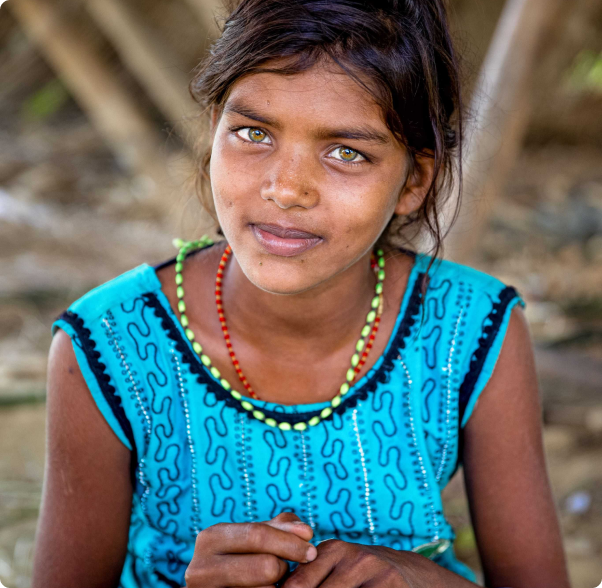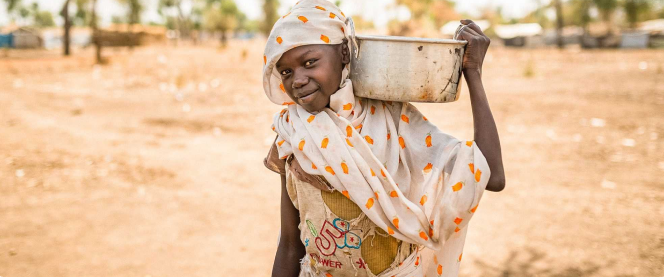Summary
The landlocked North African nation of Niger, a country of sand dunes and desert plains, still has the fresh flavor of freedom on its lips. Under military rule for thirty-one years, violent coups and bloody political infighting have finally unfolded into a fledgling democracy. One of the richest sources of uranium in the world, Niger has instead focused on developing agriculture and raising livestock. Future economic growth is hoped to be found in the mining of gold, coal, and recently discovered oil.
One of the poorest countries in the world, the agricultural economy is frequently destroyed by drought, making it insufficient to support the growing population. Slavery is still practiced in isolated areas of the country. Nigerian children are trafficked for labor in gold mines, sexual exploitation, and begging. Women are abducted and sold into domestic servitude or prostitution, and young boys are kidnapped for work in stone quarries. A land dispute between Libya remains unresolved and often triggers acts of violence.
Less than one percent of the population claims the Christian faith. Ninety-seven percent of the nation is Muslim, with 76% of the people listed as unreached ethnic groups. Christianity is slowly growing through humanitarian efforts such as well-digging, agricultural development, and education. The number of Evangelicals triples every year, though that is not keeping up with population growth. The cultural pressure to maintain the Islamic faith continues to hinder outreach efforts, though indigenous pastors, many of whom have converted to Christianity from Islam themselves, are stepping up as leaders in the fledgling church. Niger still has the taste of political freedom on their tongue. May spiritual freedom in Christ soon quench their eternal thirst with His bottomless well of compassion.




